Ultimate Guide to Forestry Training and Certifications
- July 26, 2024
- 0 comment
Entering into the field of forestry and arboriculture is akin to embracing a journey where passion for the natural world meets professional dedication. These fields offer a lot of opportunities, from managing the vastness of forested lands to nurturing urban green spaces. Whether you are just starting or seeking to advance your career, understanding and pursuing formal education and specialized training in these areas is essential.

This guide explores the various pathways and certifications that can help you make a tangible impact on our environment.
Types of Forestry Training Programs
Associate Degrees and Diplomas

Begin your journey with foundational knowledge and hands-on skills through associate degrees and diplomas. These forestry training programs, often two years long, immerse you in the basics of forest ecology, dendrology, and wildlife management, setting the stage for an entry-level role in forestry.
They often include practical fieldwork, allowing students to gain real-world experience and a deeper understanding of ecosystem dynamics.
Bachelor’s Degrees

For those seeking a deeper dive, a bachelor’s degree opens up a world of advanced topics like forest resource management, conservation biology, and GIS. This education often blends classroom learning with fieldwork, ensuring you are well-prepared for the complexities of the profession.
Bachelor’s forestry training programs also typically offer specialization options, allowing students to focus on areas such as forest ecology, wildlife management, or urban forestry, tailored to their career interests.
Master’s Degrees and Ph.D. Programs
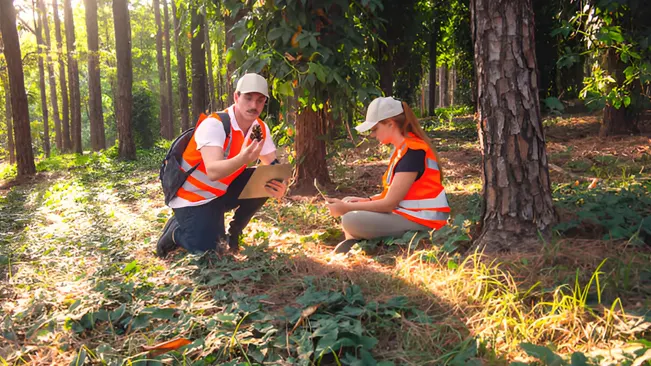
Aspire to specialize further or aim for a research and academic career? Master’s degrees and Ph.D. forestry training programs are your gateway. They focus on advanced research, policy analysis, and management strategies, equipping you with the expertise to lead and innovate.
These programs often require a thesis or dissertation, fostering deep investigation into specific issues within forestry or arboriculture. Additionally, they provide opportunities to collaborate with experts and contribute to influential research projects.
Online Courses and Workshops

Flexibility is key for continuous learning. Online courses and workshops provide opportunities to update your skills or gain new knowledge, from short courses on specific topics to comprehensive certificate programs.
These forestry training programs are ideal for working professionals who need to balance education with other responsibilities. They also allow learners to engage with cutting-edge developments in forestry and arboriculture from anywhere in the world.
Key Forestry Certification Programs
Certified Forester (CF)
Offered by the Society of American Foresters (SAF), the CF credential is a testament to professional excellence, reflecting a forester’s commitment to ethical and sustainable practices.
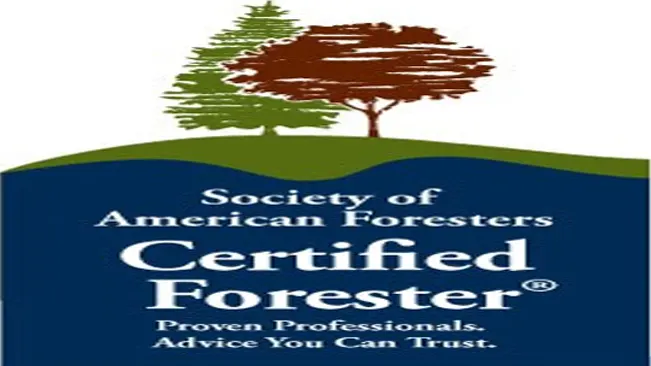
Eligibility Requirements: Requires a bachelor’s degree in forestry or a related field, along with professional experience.
Examination Process: A comprehensive exam covering forestry principles, practices, and ethics.
Benefits: The CF credential enhances professional recognition, career advancement, and credibility, offers access to a network of certified professionals, and encourages continuous improvement through ongoing education.
Society of American Foresters (SAF)
SAF’s certifications and resources are designed to uphold high standards in forestry practice and education, promoting the growth and recognition of forestry professionals.
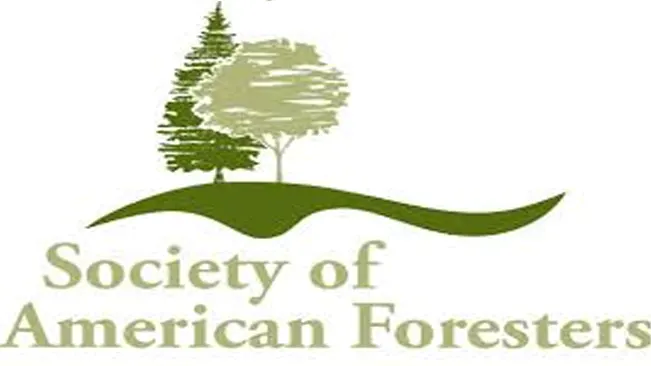
Eligibility Requirements: Minimum of three years of full-time arboriculture experience or a related degree.
Examination Process: Written exam covering tree biology, diagnosis, maintenance practices, and safety.
Benefits: SAF certifications ensure high professional standards, promote career growth, provide resources and support, facilitate networking within the forestry community, and advocate for the interests of forestry professionals.
Forest Stewardship Council (FSC) Certification
FSC certification ensures sustainable forest management, balancing ecological, social, and economic needs. It’s crucial for professionals involved in forest conservation and management.
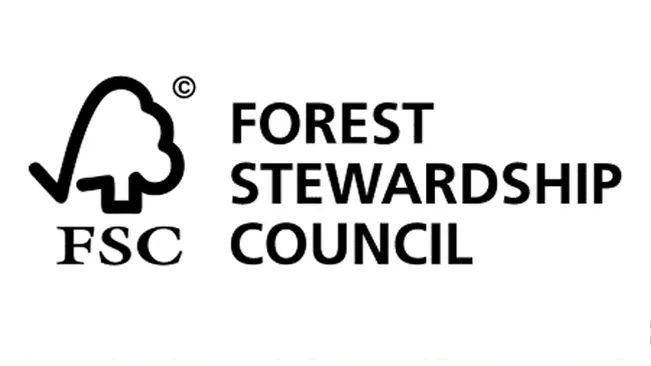
Eligibility Requirements: Compliance with FSC’s principles and criteria for sustainable forest management.
Certification Process: Independent audit by an accredited certification body.
Benefits: Access to global markets, improved forest management practices, and enhanced reputation.
International Society of Arboriculture (ISA) Certifications
Globally recognized, ISA certifications, including the Certified Arborist credential, validate an arborist’s expertise and commitment to safe and effective tree care practices.
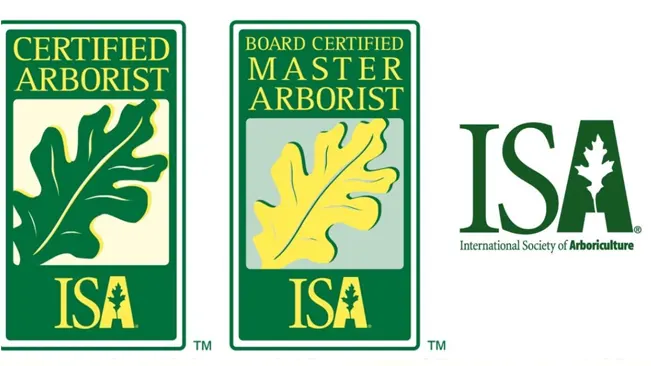
Eligibility Requirements: Minimum of three years of full-time arboriculture experience or a degree in a related field.
Certification Process: Written exam covering tree biology, pruning, diagnosis, and safe work practices.
Benefits: Globally recognized, validates arborist expertise, enhances professional credibility, and provides access to a network of professionals and resources.
Sustainable Forestry Initiative (SFI) Certification
SFI certification promotes sustainable forestry practices in North America, supporting biodiversity, water quality, and wildlife habitat conservation.
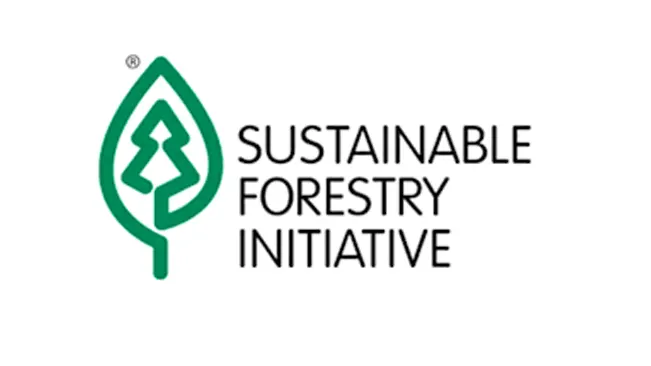
Eligibility Requirements: Compliance with SFI’s principles and criteria for sustainable forest management.
Certification Process: Independent audit by an accredited certification body.
Benefits: Promotes sustainable forestry practices, supports biodiversity, water quality, and wildlife habitat conservation, provides market access for sustainably sourced products, and enhances the reputation of forest management operations.
Choosing the Right Program
Selecting a forestry training program or certification involves considering your career goals, location, and financial situation. Research the forestry training program’s curriculum, faculty expertise, and industry connections.

Compare the benefits of different certifications and align them with your professional aspirations. Attend informational sessions and speak with current students or alumni to gain insights into the program’s strengths and potential challenges.
Benefits of Certification
Certifications in forestry and arboriculture offer numerous advantages, including professional credibility, enhanced career opportunities, and access to a network of professionals.
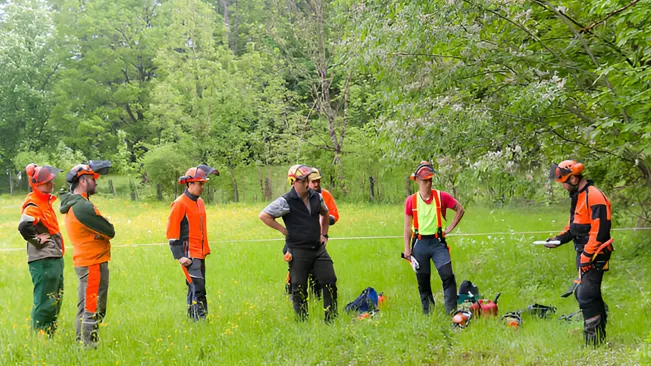
They demonstrate your commitment to the field and expertise, making you a more competitive candidate. Certified professionals are often preferred by employers and clients, as certifications indicate a proven level of knowledge and dedication to ethical practices.
Funding and Scholarships
Several funding options are available for pursuing forestry training programs and certifications. Scholarships and grants from professional organizations, government agencies, and educational institutions can help offset costs.

Some employers also offer financial assistance or reimbursement for continuing education. Explore all available options and apply for multiple sources of funding to maximize your financial support.
Additionally, many forestry training programs offer work-study opportunities or internships that provide both financial assistance and practical experience.
Preparing for Certification Exams
Success in certification exams requires thorough preparation. Utilize study guides, practice exams, and other resources provided by certifying bodies. Join study groups, attend review sessions, and seek advice from certified professionals.

On exam day, ensure you are well-rested and familiar with the exam format. Consider enrolling in preparatory courses specifically designed to help candidates succeed in certification exams, as they offer structured study plans and expert guidance.
Maintaining and Renewing Certifications
Most certifications require ongoing education and periodic renewal to stay current with industry developments. Participate in workshops, seminars, and courses to meet continuing education requirements.
Staying informed about the latest research and best practices will help you maintain your certification and advance your career. Engage in professional organizations and contribute to industry publications to remain active and visible in the field.
Success Stories and Testimonials
Learning from certified professionals provides valuable insights and inspiration, showcasing real-world applications of their expertise. Many have shared how certification has positively impacted their careers, securing better job opportunities and gaining recognition in their field.
Their stories highlight the value of professional development and continuous learning, emphasizing the importance of staying updated with industry standards. These experiences demonstrate that investing in certification can lead to substantial professional growth and long-term career success.
Conclusion
Pursuing forestry training programs and certifications in forestry and arboriculture is a significant step towards a successful and fulfilling career. These credentials demonstrate your dedication to sustainable practices and commitment to the health of our natural world. They not only validate your expertise but also position you as a leader in environmental stewardship.
Whether starting your career or looking to advance, the right education and certification can open doors to new opportunities and professional growth. Begin exploring available forestry training programs and take the first step towards enhancing your career in forestry and arboriculture.
Embrace the journey of continuous learning and professional development, and contribute meaningfully to the preservation and sustainable management of our forests and urban green spaces.
Frequently Asked Questions (FAQs)
- What types of degrees are available for forestry and arboriculture careers?
Degrees range from associate degrees and diplomas to bachelor’s, master’s, and Ph.D. forestry training programs. - What is the Certified Forester (CF) credential?
The CF credential, offered by the Society of American Foresters, signifies professional excellence and adherence to ethical practices. - What are the eligibility requirements for the ISA Certified Arborist exam?
A minimum of three years of full-time arboriculture experience or a related degree. - How can I gain practical experience in forestry and arboriculture?
Practical experience can be gained through internships, apprenticeships, volunteering, and fieldwork. - What are the benefits of obtaining forestry and arboriculture certifications?
Certifications offer professional credibility, enhanced career opportunities, and access to a network of professionals. - Are there online courses available for forestry and arboriculture?
Yes, online courses and workshops offer flexible learning options for updating skills or gaining new knowledge. - What funding options are available for forestry training programs?
Scholarships, grants, and employer-sponsored programs are available to help offset costs. - How can I prepare for certification exams?
Utilize study guides, practice exams, join study groups, and seek advice from certified professionals. - What continuing education is required to maintain certifications?
Participation in workshops, seminars, and courses is necessary to meet continuing education requirements and stay current with industry developments. - What are some key organizations for networking in forestry and arboriculture?
The Society of American Foresters (SAF) and the International Society of Arboriculture (ISA) are key organizations offering resources, events, and networking opportunities.

Jordan Blake
Forestry AuthorJordan Blake is a forestry expert with over 15 years of experience in arboriculture and community education. Passionate about sustainable forest management, Jordan regularly writes for Forestry.com and Tree Care Magazine. Holding certifications in tree health assessments and urban forestry management, Jordan conducts workshops to educate the public on sustainable practices. Jordan has a degree in Environmental Science and enjoys hiking and photography in their free time.

Leave your comment